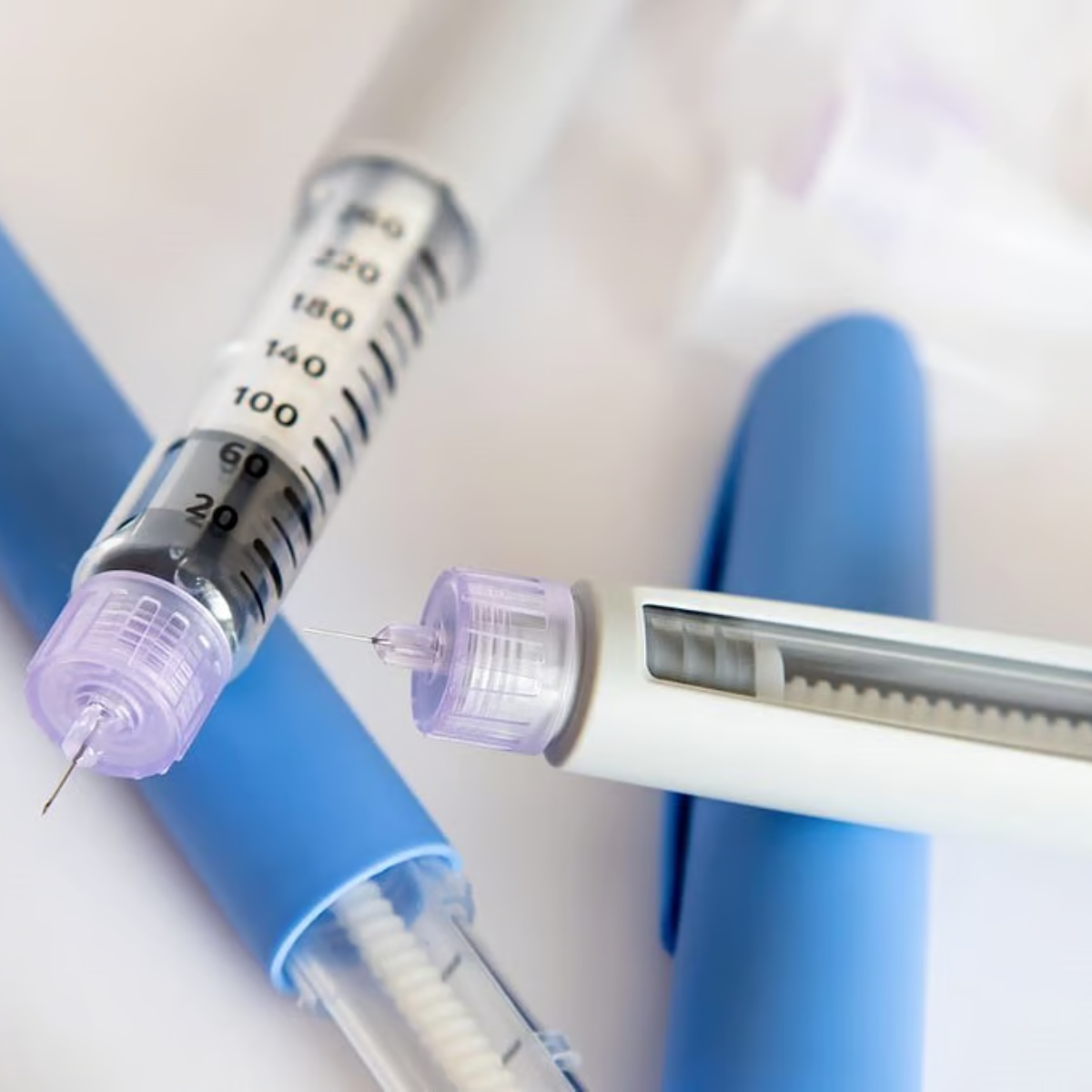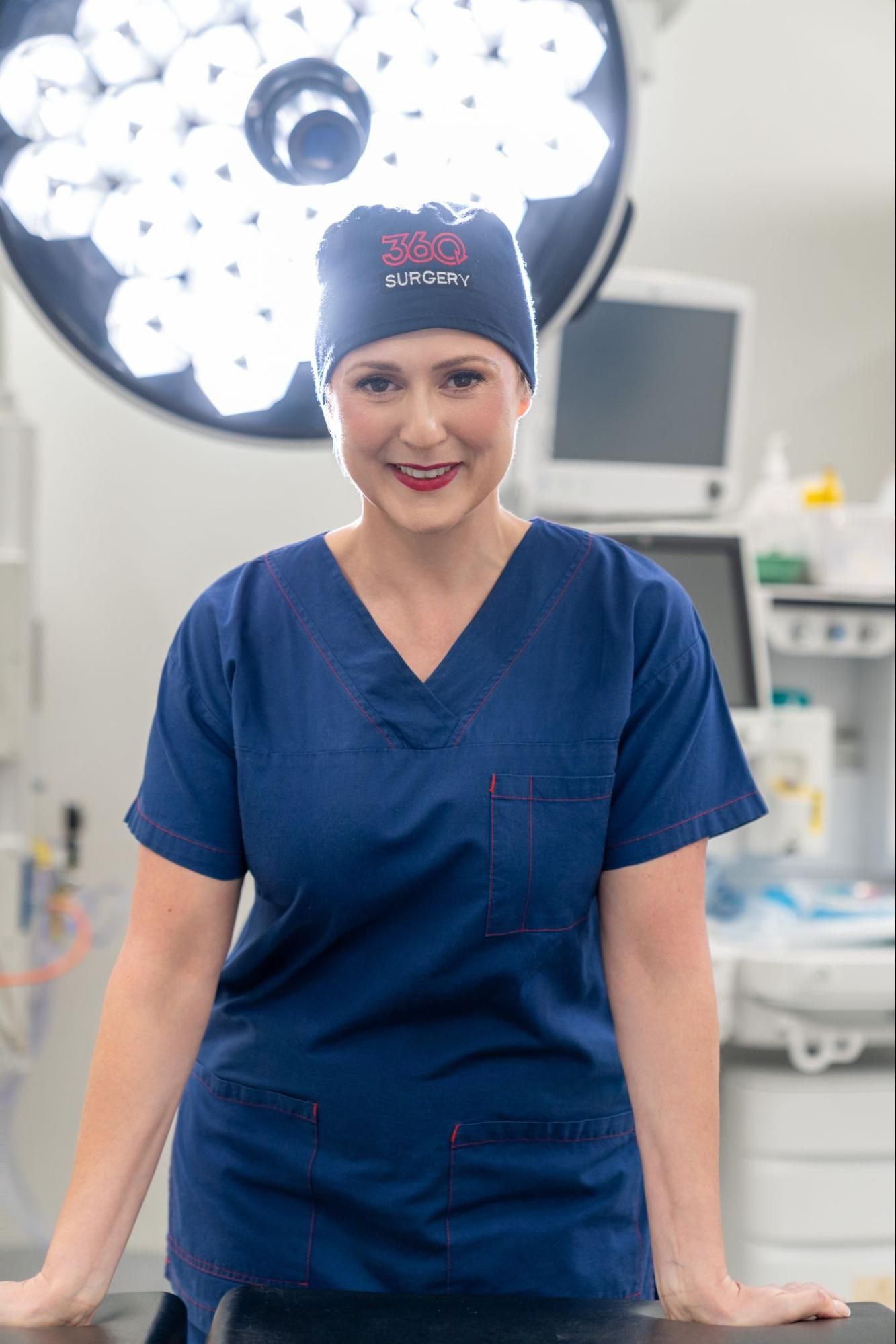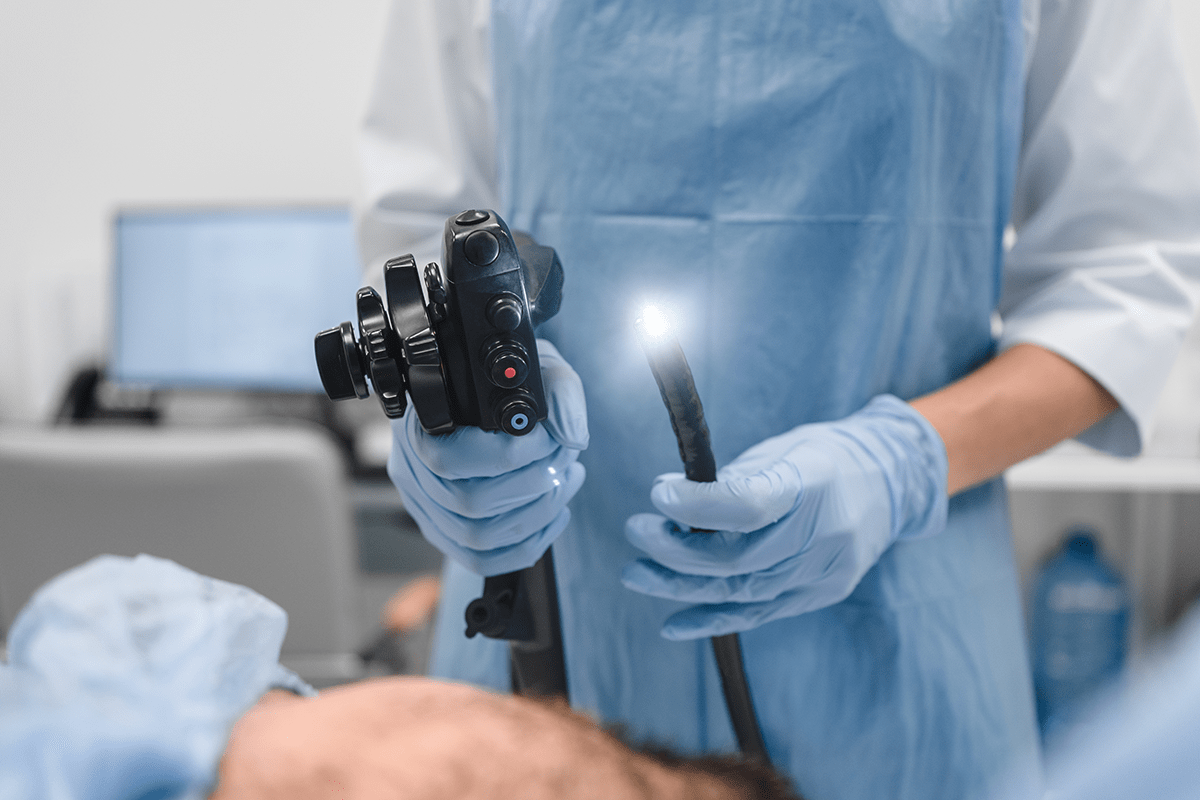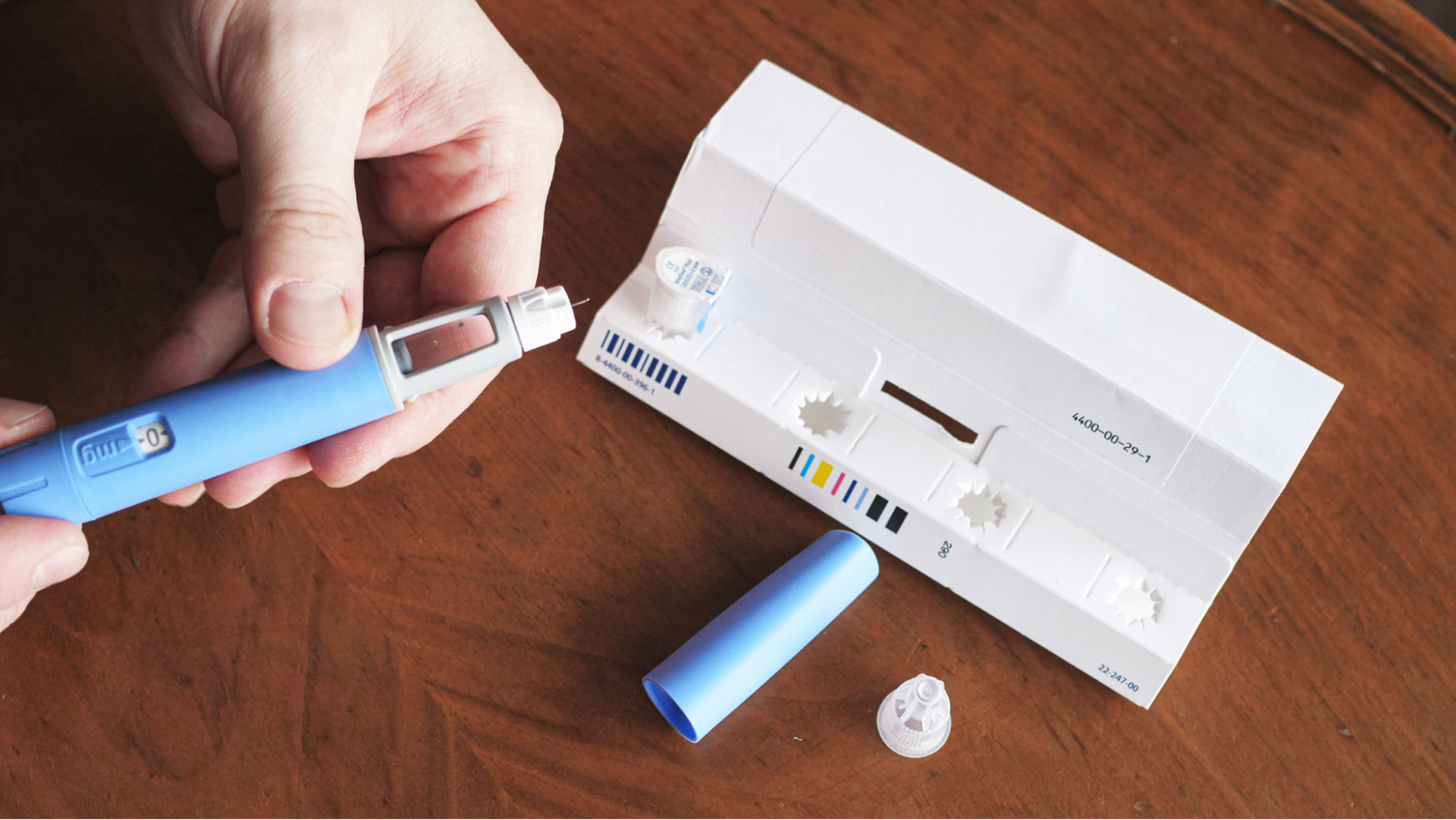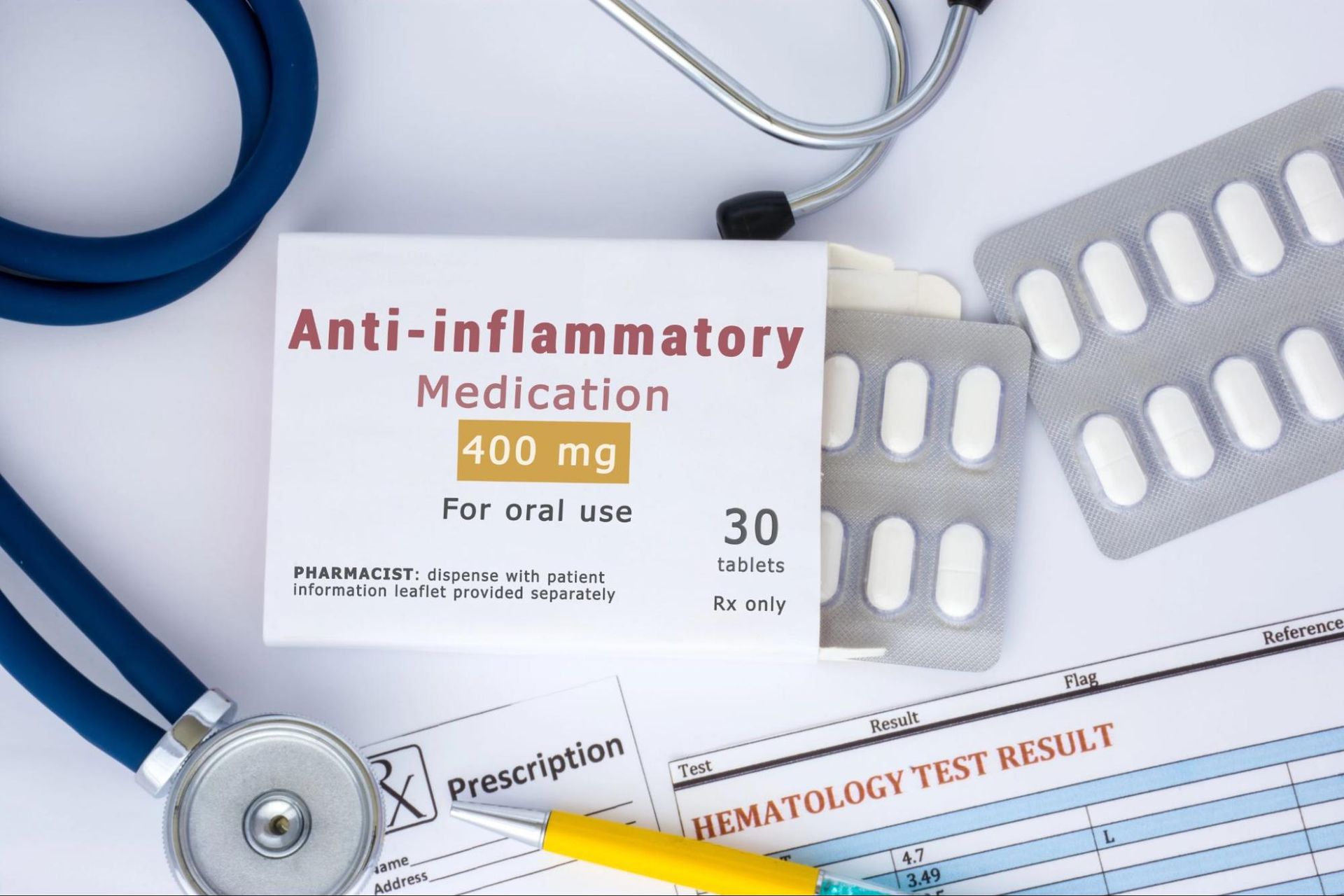The Magic Pill - What You Might Not Know About Weight Loss Medications
Diplomate of the American Board of Obesity Medicine, Dr. Melissa Beitner from 360 SURGERY Melbourne, offers insights into use of semaglutide for weight loss
Touted as a ‘magic pill’ for weight loss, use of semaglutide, often referred to by the brand names Ozempic ® and Wegovy ®, is complex which is fitting for an equally complex disease - obesity.
First things first. Use of Ozempic ® should be done with caution and under medical supervision. Medical supervision means that you are assessed by a medical practitioner who can appropriately prescribe these medications, monitor for side effects and follow your progress - making adjustments along the way, if necessary. You’ll need to have your height and weight checked and check your waist measurement.
Ozempic ® and other GLP-1 agonists like Mounjaro ®, have revolutionised the medical weight loss industry as the first medications to start to bridge the gap between pharmaceuticals for weight management (which have historically had only modest efficacy) and bariatric surgery (the most powerful tool for weight loss). In current studies, using 2.4mg of semaglutide for 68 weeks in conjunction with a reduced calorie diet and increased physical activity resulted in an average of
14.9% reduction in total body weight. We expect the average weight loss at 1 year after bariatric surgery to be
30% or more.
Up to a third of patients on 2.4mg semaglutide lose
20% or more of their body weight after 1 and 2 years on the medication. Approximately half of patients lose 15% or more of their body weight after 1 and 2 years. The other half lost <15%. Some people, 16.5% of patients treated with semaglutide 2.4mg for 68 weeks, lost <5%. This highlights that use of this medication has variable effects. Having realistic expectations for weight loss will help avoid disappointment and guide therapy. If you’re looking to lose 20% or more of your body weight, you might be better suited to surgical weight loss.
If you’re looking to sustain the weight loss you’ve achieved with Ozempic ® or Wegovy ®, you’ll need to continue to use the medication. Studies have found that one year after withdrawal of semaglutide 2.4 mg and lifestyle intervention, participants regained two‐thirds of their prior weight loss, with similar changes in cardiometabolic variables. Bear this in mind when making the decision to start semaglutide as you’ll likely need to continue it indefinitely in order to continue to see the benefit. Ongoing use will mean you’ll need to have a continuous supply and accept the continuous cost of the medication.
Wilding, John P H et al. “Weight regain and cardiometabolic effects after withdrawal of semaglutide: The STEP 1 trial extension.” Diabetes, obesity & metabolism vol. 24,8 (2022): 1553-1564.

